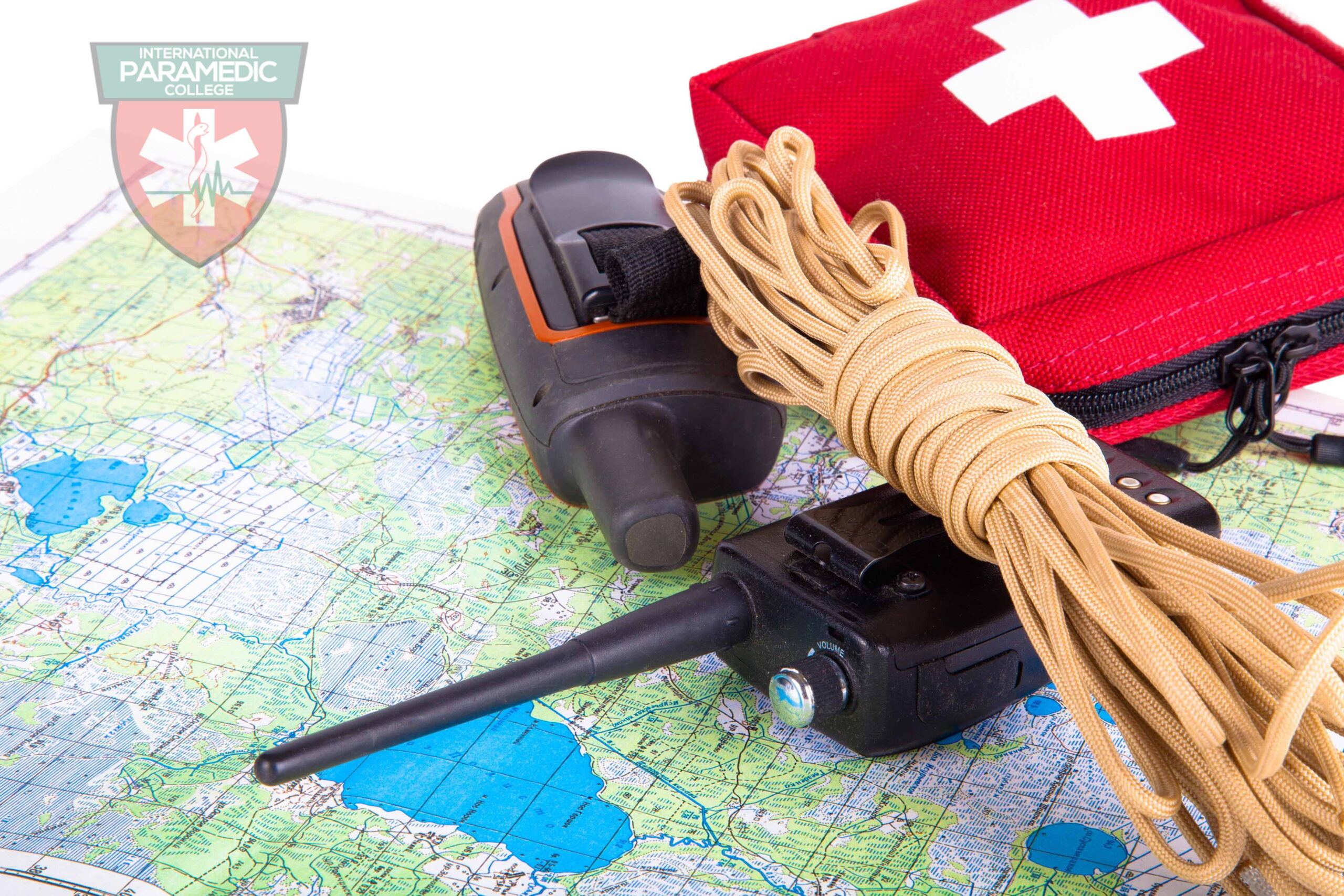
Remote First Aid in Australia
When help is delayed, there are generally 3 important principals to remote first aid or wilderness first aid or situations where help might be delayed in reaching you
- One patient is enough; take no unnecessary risks that may cause additional casualties.
- Providing care in austere environments is important, but recognising who needs to get to a hospital is critical.
- That while this training is beneficial, it does not equal the depth of knowledge required to make difficult clinical judgements in remote or austere environments. But it does help us realise our skills and limitations and when we need to call for help and importantly. How best to do that in a way that emergency services can easily locate you through the Emergency Plus phone App with its “what three word functionality“
In Australia, remote areas present unique challenges when it comes to providing first aid in emergency situations. These remote areas, often inaccessible by road or air, require specially trained personnel who can provide immediate first aid and stabilisation of injured or ill persons. This is where remote first aid comes into play.
Remote first aid refers to the provision of first aid in isolated, remote or wilderness environments where medical assistance is not readily available. It involves the use of specific techniques, equipment and knowledge that differ from traditional first aid. The goal of remote first aid is to stabilise an injured or ill person until medical help arrives, or to transport them to a medical facility.
Remote first aid is important because it can make a significant difference in the outcome of an emergency situation. In remote areas, it may take hours or even days for medical assistance to arrive, and the difference between life and death can often be determined by the actions taken by those present in the immediate aftermath of an accident or incident. Remote first aid can also help to prevent further injury or illness, reduce pain and suffering, and promote a faster recovery.
To be able to provide effective remote first aid, it is essential to receive proper training. The HLTAID013 – Provide First Aid in Remote or Isolated Sites course is a nationally recognised training course that provides individuals with the skills and knowledge necessary to provide first aid in remote or isolated settings. This course is designed for those who work or travel in remote areas, including outdoor recreation enthusiasts, miners, and exploration personnel.
The HLTAID013 course covers a range of topics specific to remote first aid, including managing first aid in a remote or isolated setting, managing medical emergencies in a remote environment, managing trauma and environmental injuries, and using improvised equipment. The course also covers the legal and ethical considerations of providing first aid in a remote environment.
One of the key benefits of the HLTAID013 course is that it provides individuals with the confidence and ability to respond effectively in an emergency situation. The course provides hands-on training, allowing participants to practice their skills in simulated scenarios that mimic real-life situations. This not only enhances the participants’ skills and knowledge, but also their ability to remain calm and composed in high-pressure situations.
In addition to the HLTAID013 course can be contextualised to include content specifically tailored for those working in specific industries such as mining and oil and gas. These courses provide industry-specific training and ensure that individuals have the skills and knowledge necessary to respond to emergencies in their specific work environments.
Remote first aid covers the 10 vital lifesaving skills essential skill for those who work or travel in remote areas. The HLTAID013 – Provide First Aid in Remote or Isolated Sites course provides individuals with the skills and knowledge necessary to provide effective first aid in remote environments, helping to reduce the risk of further injury or illness and improve outcomes in emergency situations. By receiving proper training, individuals can gain the confidence and ability to respond effectively in high-pressure situations, ultimately saving lives and reducing the impact of emergencies in remote areas.
If you are going to work in remote areas it might be time to consider higher level emergency response first responder or EMT training courses for your staff

Contact Form
Alstonville – Ballina – Bangalow – Brunswick Heads – Byron Bay – Casino –Coffs Harbour– Evans Head – Grafton – Iluka – Kingscliff – Kyogle – Lennox Head – Lismore – Maclean – Mullumbimby – Murwillumbah – Ocean Shores – Yamba
Weekly first aid and CPR courses Victoria
Camperdown – Craigieburn – Colac – Beveridge – Kilmore –Kalkallo –Melbourne – Mickleham – Wallan – Whittlesea
